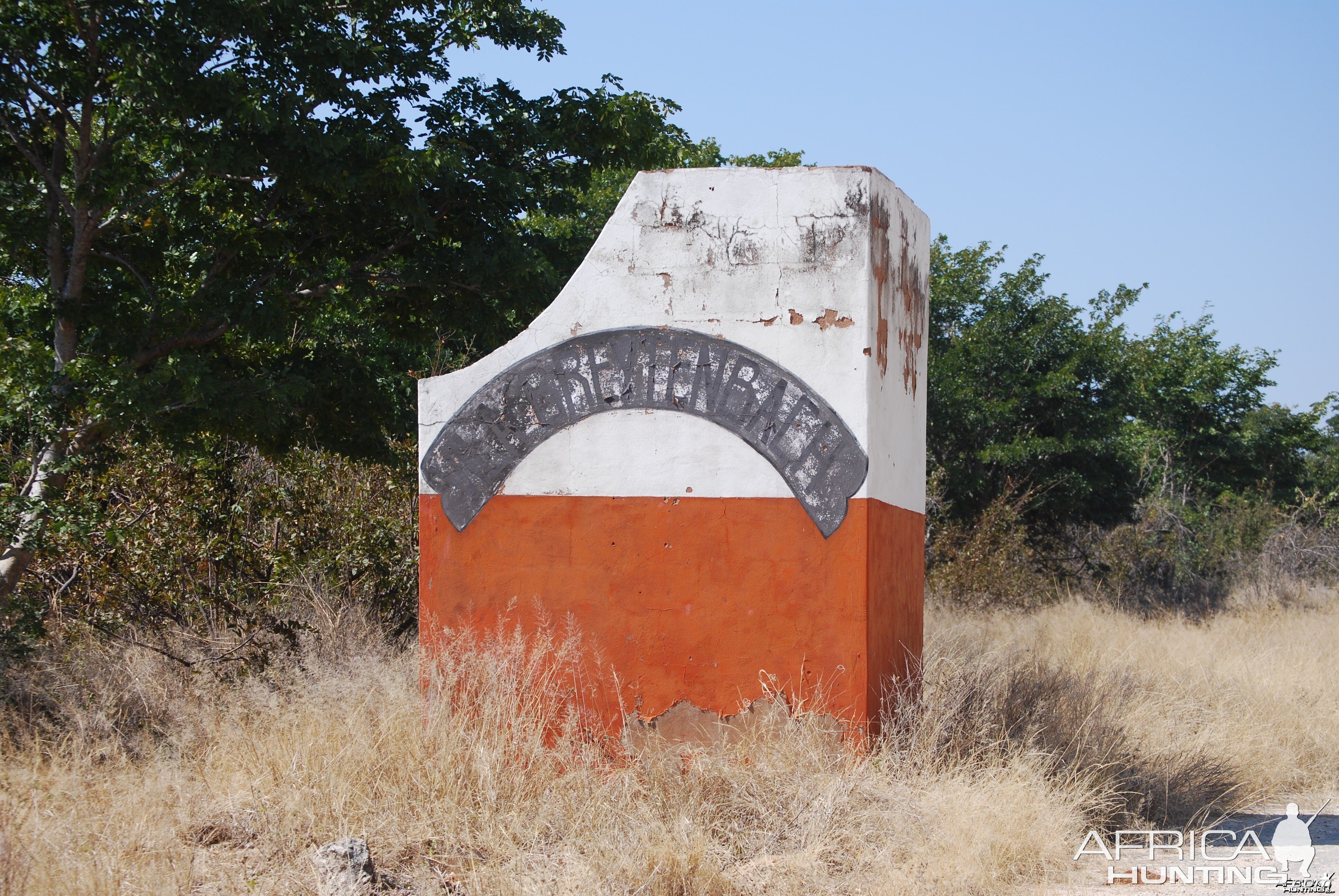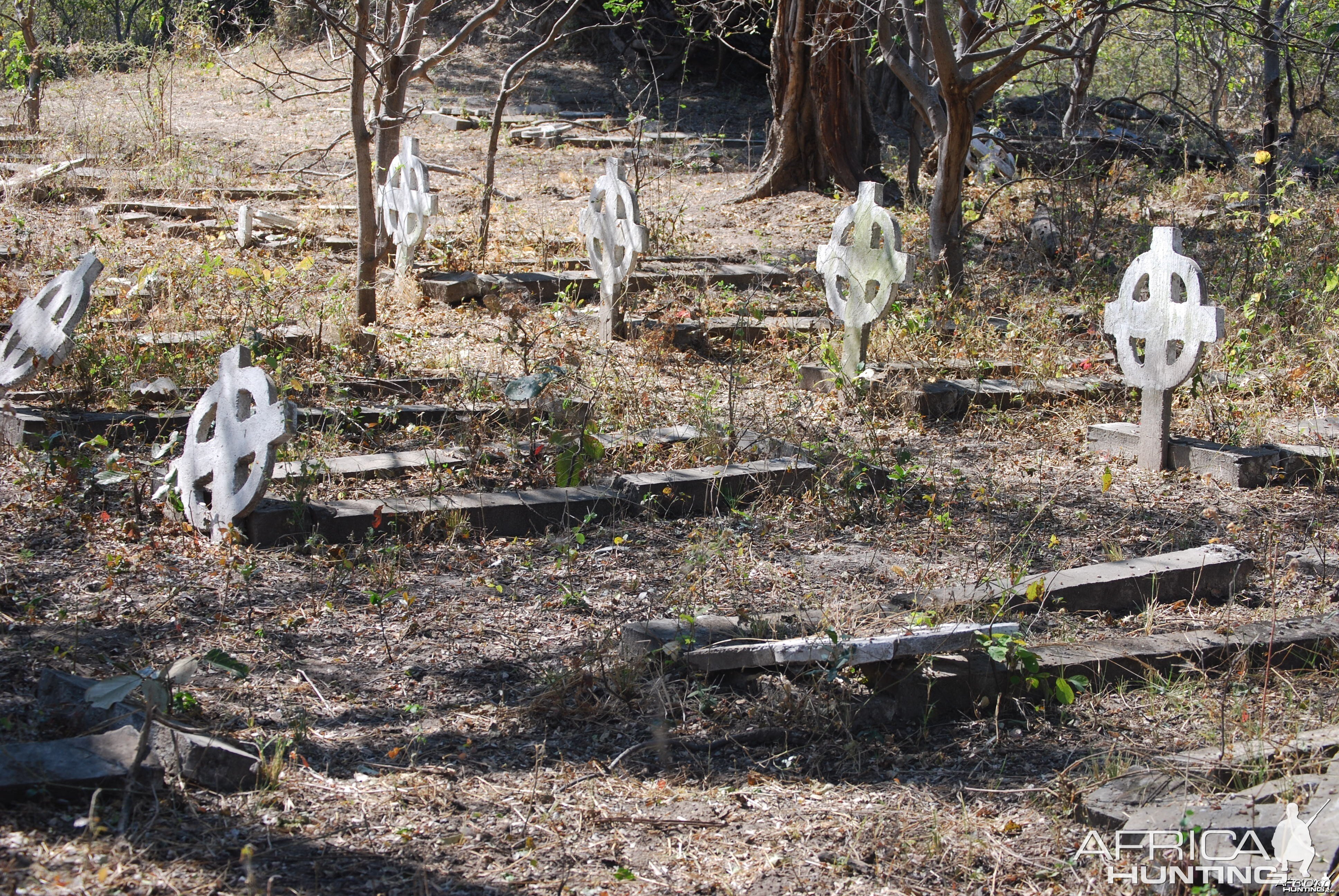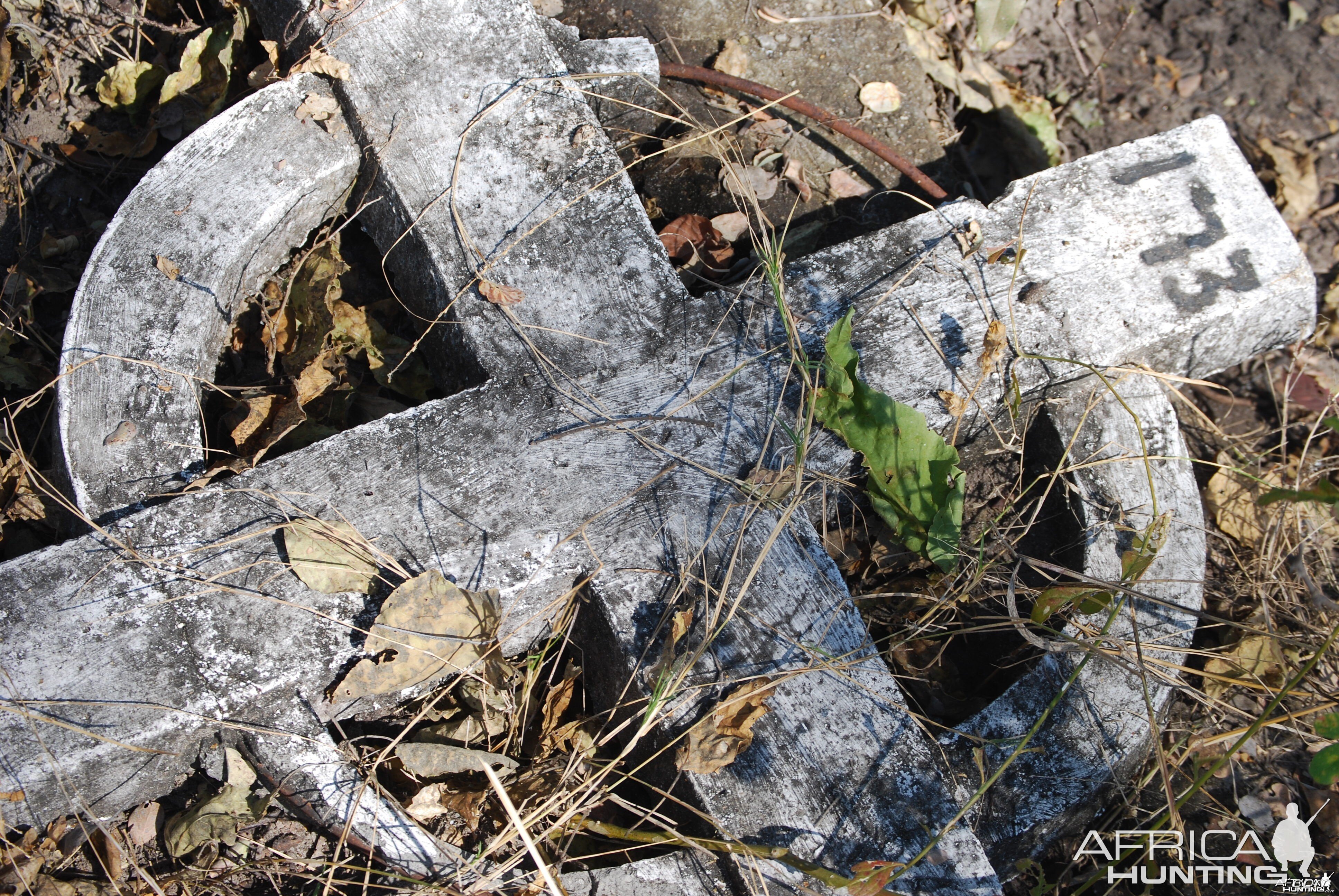thetimes.co.uk
Mercenaries rescue survivors after Isis attacks expats in Mozambique
Jane Flanagan, Cape Town
6-7 minutes
Mercenaries in helicopters plucked survivors from body-strewn beaches and streets in northern Mozambique yesterday after a convoy of foreign contractors was attacked as it tried to flee Islamist militants.
Dozens of expatriates were killed or left missing in an ambush outside their hotel compound in the strategic hub of Palma, close to Africa’s biggest gas project.
Last night relatives of those unaccounted for were struggling to discover their fate. There was anger about the lack of an effective evacuation plan amid repeated warnings that Palma was a target for insurgents in Cabo Delgado province who have become increasingly well-equipped and brazen.
The coastal town of 53,000 people last night remained under the control of a 100-strong cohort of black-clad militants clutching Isis flags who launched attacks on Wednesday afternoon.
There were no reported British casualties, though two Britons were among a group rescued by South African mercenaries from Palma’s dense forests where they had been hiding with locals. Other civilians escaped in dhows or were killed as they tried to do so.
A handful of British contractors remained safe at the $20 billion (£14 billion) liquefied natural gas site operated by the French company Total.
It had withdrawn most of its staff in January after an attack close to the site on the Afungi peninsula. Total announced only hours before the attack that it was resuming work after Mozambique deployed a new security taskforce. Many of the doomed contractors had only just arrived to prepare living quarters for Total personnel.
The crisis is the most alarming development in what began as a local uprising in 2017 but has mushroomed into a fully blown insurgency which has left more than 2,000 people, mostly civilians, dead and triggered a crisis affecting almost a million people, and which is causing alarm in western capitals.
Witnesses reported seeing bodies of children and adults in the streets, many decapitated as they fled or were killed during house-to-house searches. Troops and police reportedly abandoned their bases and many of their weapons too, as the rebels launched their sudden co-ordinated attack.
Much of Palma has been destroyed during three days of fighting, its banks looted and government buildings and vehicles set on fire. At least 20 members of the state security forces are reportedly among the dead.
A security consultant described the scene as “chaotic and with no real sign of anyone on the offensive . . . the insurgents are doing as they please”.
Meryl Knox, a South African, learnt yesterday that her son Adrian Nel, 40, was among the dead. “My son’s body is still there and I know those savages would have done horrific things to him. I’m heartbroken,” she said.
Adrian had spent two days waiting to be evacuated with his brother, Wesley, 37, and stepfather Greg, 55, from the Hotel Amarula, with about 190 others, including expats, local workers and dignitaries.
After promised rescue boats failed to arrive and mercenary helicopters were pulling out in the fading light of Friday, a group of about 170 decided to leave in a 17-strong convoy.
Just seven cars managed to speed away, with ten set upon by armed militants who had been lying in wait at the hotel gate. Greg and Wesley were among those who survived and were taken to the port city of Pemba.
Yesterday helicopters from the private military company Dyck Advisory Group flew non-stop rescues, even as they came under fire from the insurgents’ heavy weapons. Pilots were racing to collect as many survivors as they could before dusk and as fuel supplies allowed.
STN.MOZAMBIQUE.28.03.21
Estacio Valoi, a Mozambican reporter who has followed the insurgency since the outset, blamed his government for failing to get a grip on the crisis. “They were warned of an attack and they did not heed it. While the expatriates have a chance of being evacuated, those locals hiding in the bushes will not be,” he said.
Isis started to claim credit last year for big wins by the group, which calls itself al-Shabaab. Cabo Delgado, which borders Tanzania, has a mostly Muslim population of 2.3 million that has seen little benefit from the area’s vast natural wealth, including the world’s biggest ruby mine.
The conflict is seen as a disquieting expansion of insurgencies with links to Isis in Africa, including Libya, Mali, Niger and the Democratic Republic of Congo.
The Biden administration this month designated Mozambique’s extremist rebels as a “foreign terrorist organisation”. A dozen American Green Berets arrived recently to train its special forces.
The deployment of the Americans follows years of resistance by Mozambique’s president, Filipe Nyusi, to accept offers of help from western allies even as the insurgency spiralled out of control. Instead he contracted private armies, initially from Russia and then South Africa, to bolster his beleaguered troops with limited effect.
An SOS sign left out for rescuers
An SOS sign left out for rescuers
Jasmine Opperman, a specialist analyst on the insurgency, said the framing of the insurgents’ threat as terrorism by the Americans suggested that “all actions from hereon will follow justification as counter-terrorism”.
The crisis also throws fresh doubt on the future of the gas project that Mozambicans had been promised would turn their poverty-stricken state into the Qatar of Africa.
Centrica, British Gas’s parent company, has committed with Tokyo Gas to jointly buying 2.6 million tonnes of liquefied natural gas a year from the project over the next 20 years. The British government has backed the development with a £1 billion loan.


